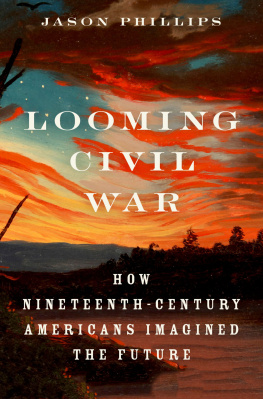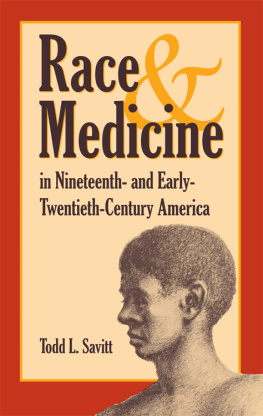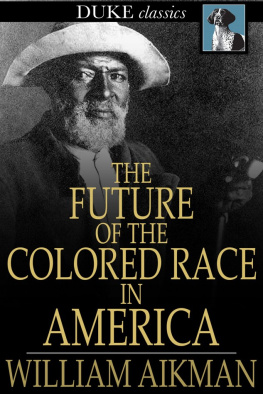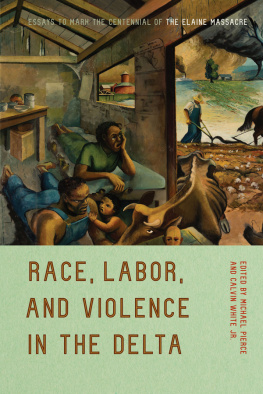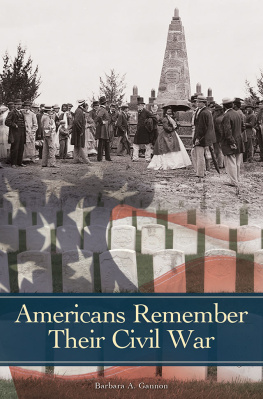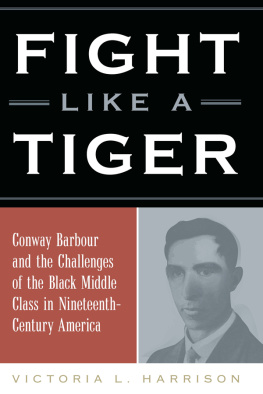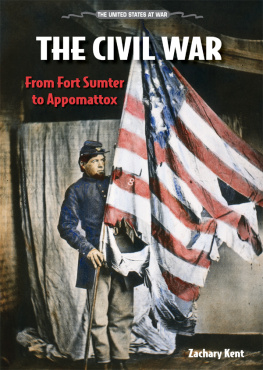Looming Civil War

Oxford University Press is a department of the University of Oxford. It furthers the Universitys objective of excellence in research, scholarship, and education by publishing worldwide. Oxford is a registered trade mark of Oxford University Press in the UK and certain other countries.
Published in the United States of America by Oxford University Press
198 Madison Avenue, New York, NY 10016, United States of America.
Oxford University Press 2018
All rights reserved. No part of this publication may be reproduced, stored in a retrieval system, or transmitted, in any form or by any means, without the prior permission in writing of Oxford University Press, or as expressly permitted by law, by license, or under terms agreed with the appropriate reproduction rights organization. Inquiries concerning reproduction outside the scope of the above should be sent to the Rights Department, Oxford University Press, at the address above.
You must not circulate this work in any other form and you must impose this same condition on any acquirer.
Library of Congress Cataloging-in-Publication Data
Names: Phillips, Jason, 1973 author.
Title: Looming Civil War : how nineteenth-century Americans imagined the future
/ Jason Phillips.
Description: New York, NY : Oxford University Press, [2018] | Includes
bibliographical references and index.
Identifiers: LCCN 2018000984 (print) | LCCN 2018025757 (ebook) | ISBN 9780190868178 (Updf) |
ISBN 9780190868185 (Epub) | ISBN 9780190868161 (hardcover : alk. paper)
Subjects: LCSH: United StatesCivilization19th century. |
United StatesSocial conditions19th century. | United StatesSocial life and customs19th century. |
Public opinionUnited StatesHistory19th century.
Classification: LCC E169.1 (ebook) | LCC E169.1 .P5435 2018 (print) | DDC 973.9dc23
LC record available at https://lccn.loc.gov/2018000984
For Trisha
Contents
i am grateful to so many people who contributed to this project. Thanks first to the financial supporters who made this book possible. An Andrew Mellon Research Fellowship from the Virginia Historical Society enabled me to make a critical research trip in the summer of 2012. Mississippi State University and West Virginia University funded other trips, granted me a sabbatical, and gave me manageable teaching assignments. I am deeply grateful to the Eberly family and other donors who have contributed to the Eberly Family Professorship in Civil War Studies. Their generosity sustained this work for the past five years.
This book would not have been possible without the curiosity, expertise, and good cheer of many librarians and archivists. At every archive listed in the notes, people cared about my research and went out of their way to find obscure sources. Like magic, these scholars would listen to my research problem, disappear into the bowels of a library, and return with manuscripts I had never considered. I thank them for their help and for permission to quote from materials in their collections.
So many colleagues at Mississippi State and West Virginia offered encouragement and advice throughout this project. In Starkville, I learned from Stephen Brain, Jim Giesen, Alison Greene, Alix Hui, Alan Marcus, Anne Marshall, Peter Messer, Chris Snyder, and many others. In Morgantown, I benefited from the help of Josh Arthurs, Tyler Boulware, Ken Fones-Wolf, Kate Staples, Michele Stephens, and many others. At both institutions I have been lucky to find a friend in the English Department. At Mississippi State, Farrell OGorman shared his insights on antebellum literature over barbecue. At West Virginia, it has been a pleasure talking with Tim Sweet about literary criticism over Indian food. Of all my colleagues, Brian Luskey deserves special thanks for his encouragement and help. Brian was the first to read a chapter of the manuscript. Together we organized and hosted a conference on Civil War material culture and edited a special issue of Civil War History. In all of our joint ventures, Brians support and insights propelled my work to a higher level.
My students, undergraduate and graduate, aided this project for years. They were often the first people to hear new ideas and arguments as I routinely tested my research in the classroom. I am especially grateful for the graduate students who worked as research assistants on this book: Zac Cowsert, Jarrad Fuoss, Hannah McClearnen, Becky Oakes, Scott Thompson, and Chuck Welsko. To all of you, I hope the labor you devoted to this project was as rewarding for you as it was for this book. It was my genuine pleasure to work with such promising scholars.
Friends at other universities have cared about my research and contributed to it from the beginning. Peter Carmichael, more than anyone else, has championed this project. When a family illness prevented me from delivering the first paper from this research at the Organization of American Historians meeting in Seattle, Pete stepped up to give a dramatic reading. He then organized and shared a panel with me at the Society of Civil War Historians meeting in Richmond. Pete even shared contacts to help me answer obscure questions about Henry Clay Pate and John Browns pikes. At a symposium hosted by the German Historical Institute, Bruce Dorsey, Sebastian Jobs, Jen Manion, and Woody Register helped to hone the early phase of this project. Years later, when I crossed paths with Woody at the Library of Congress, a conversation with him over coffee helped me to weave the story of Pates knife through the entire manuscript. At a symposium at Rice University, Ed Blum, Zach Dresser, Gaines Foster, Caleb McDaniel, Scott Nesbit, and Ben Wright helped me to wrestle with Edmund Ruffins prophecy. Zach and Matt Gabriele later invited me to an interdisciplinary symposium hosted by the department of religion and culture at Virginia Tech, where Brian Britt and Nitzan Lebovic encouraged my theory about futures past.
So many other people have helped too. Michael Bernath, John Boles, Robert Bonner, John Brooke, Orville Vernon Burton, Joan Cashin, Catherine Clinton, Stephen Cushman, Greg Downs, Paul Escott, Lara Farina, James Goodman, Martha Hodes, Carrie Janney, Bob Kenzer, Melanie Kiechle, Derek Krissoff, Brian Craig Miller, Megan Kate Nelson, Kristen Oertel, Seth Rockman, Mary Ann Samyn, Aaron Sheehan-Dean, David Silkenat, Mark Simpson-Vos, Yael Sternhell, Frank Towers, Joan Waugh, Ashli White, Jonathan White, and many others have volunteered sources and asked important questions that never occurred to me.
Beyond the academy, two experts offered critical help to this project. My good friend, the Reverend Dr. Jeremy Rutledge, senior minister at Circular Congregational Church in Charleston, helped me to understand the bewildering universe of Judeo-Christian prophecy. Likewise, Peter R. Thomas Sr., an expert on bowie knives, helped me to understand the bewildering universe of American knife culture. The fact that Peter also happens to be a descendant of Edmund Ruffin sharpened his already penetrating correspondence.
Oxford University Press has provided an ideal home for this book thanks to Susan Ferber. From our first conversation, Susan sensed the broader ambition and appeal of this project. Her tireless work and careful attention to this book expedited its appearance and made it a better book than I could have imagined. I am so grateful for her help every step of the way. Oxfords unique faculty board offered sage advice that strengthened the manuscript. Jeremy Toynbee oversaw the production of the book with great care. I am forever indebted to the anonymous readers for Oxford. Their thorough critiques and brilliant recommendations caught my mistakes and focused my attention on the heart of this project when I was tempted to follow divergent interests. Any errors or digressions that remain are mine alone.

